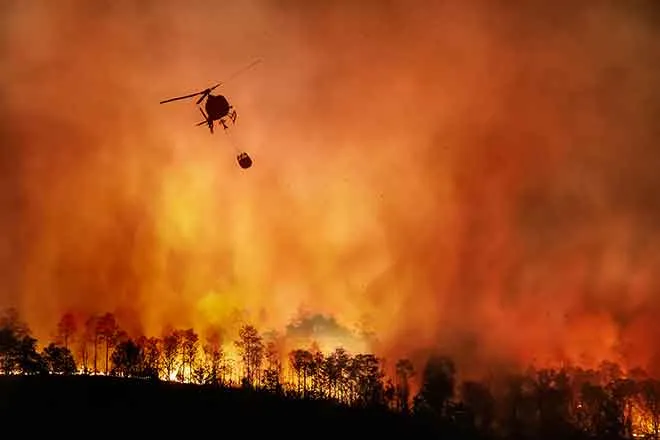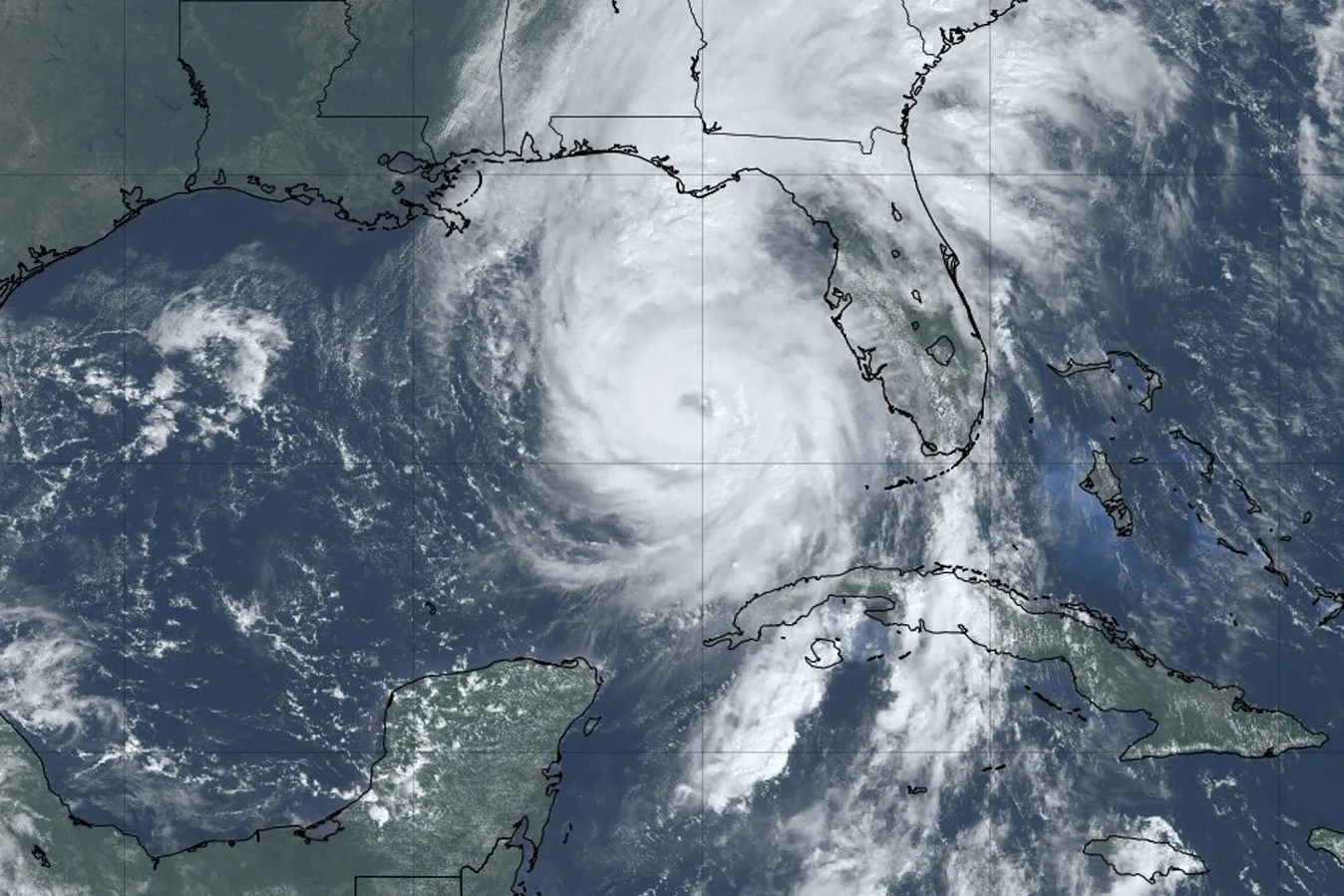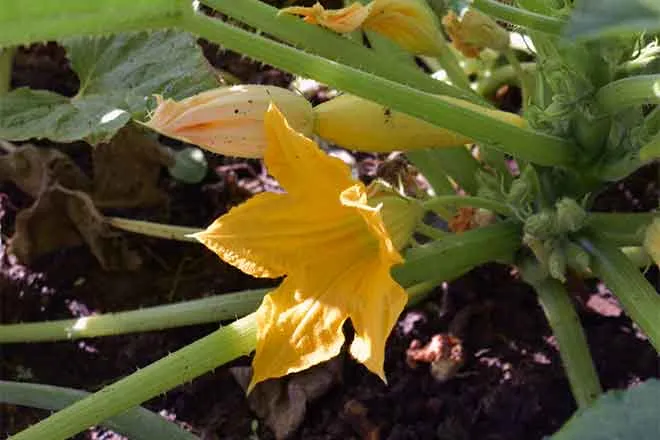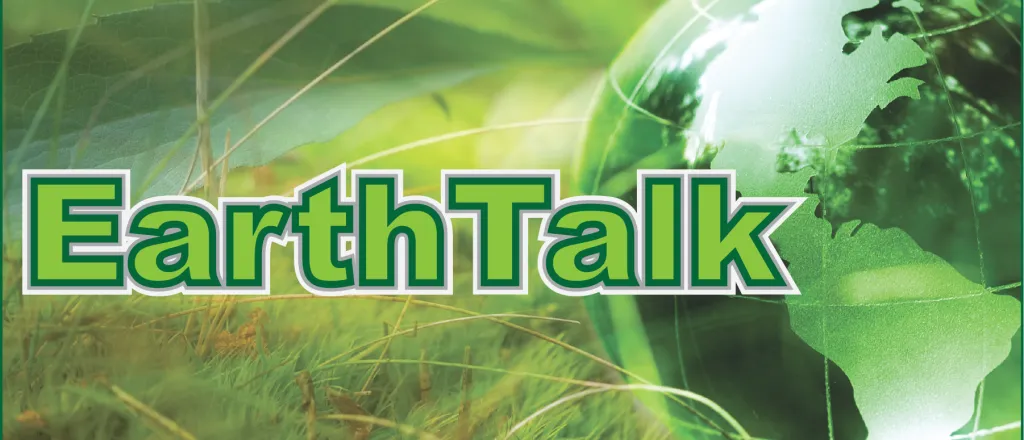
EarthTalk – What can be done to reduce methane emissions from cattle?
©
Dear EarthTalk:
I’ve heard that cattle cause a large share of global methane emissions that fuel global warming. What can be done besides reducing or eliminating meat consumption?
N.V.
Methane is a greenhouse gas that is 28 times more potent than carbon dioxide (CO2) when trapping heat in the atmosphere and is responsible for nearly half of the 1.1-degree Celsius increase in global temperatures. The gas is short-lived and gets broken down into CO2 and water vapor after a decade.
Cattle are ruminants: their stomachs allow them to digest fiber-rich foods like grass and hay. This produces methane, expelled as gas when cattle belch. Every year, a single cow will belch around 220 pounds of methane, which is oxidized to CO2, absorbed by plants and reintroduced into cows’ diets.
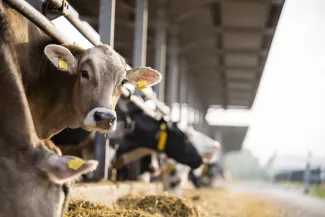
© Smederevac - iStock-1470677566
One of the most promising ways to reduce methane is altering cows’ diets. Methane is primarily produced by the digestion of fiber, so feeding cattle grains and fats like corn and barley may lower methane output. A study led CU Boulder, NIST, and Kansas State University explored this idea, feeding cows sorghum, a more sustainable crop requiring less water and fertilizer. Initial findings reveal minor differences in emissions, but further research will determine if these changes are statistically significant. Another approach, tested by scientists at UC Davis, involved adding one percent red seaweed to cattle feed, which reduced methane emissions by up to 60 percent without affecting milk production.
Another potential solution is genetic selection. Cattle living on the same farm, eating identical amounts of feed, can produce different amounts of methane because of certain genetic traits. Scientists are exploring possibilities of breeding for these traits or breeding cattle with bulls to reduce emissions. Additionally, methane reducing feed additives, which incorporate less than one percent of cattle diets, can interrupt the methane-formation process and reduce emissions. However, certain additives require further approval for animal health. Methane-reducing vaccines are also a viable solution that requires further testing, and are unlikely to be available before the end of the decade.
Changing management practices is expensive and many farmers have no economic incentives to adopt such methods. Therefore, many countries and organizations are developing a Payment for Environmental Services (PES) program to financially support these changes. Economists argue that these programs need to be tailored to meet the specific funding needs of farmers across different regions. Emissions intensity varies greatly across different countries based on their income level, with 6-16 times more intense emissions in lower income countries, due to less efficient systems.
Anyone can make a difference by supporting sustainable agriculture, advocating for policy changes, reducing food waste, adopting a plant-based diet and spreading awareness about this issue.
CONTACTS
- Making Cows More Sustainable, https://www.ucdavis.edu/food/news/making-cattle-more-sustainable.
EarthTalk® is produced by Roddy Scheer & Doug Moss for the 501(c)3 nonprofit EarthTalk. See more athttps://emagazine.com. To donate, visit https://earthtalk.org. Send questions to: question@earthtalk.org.

